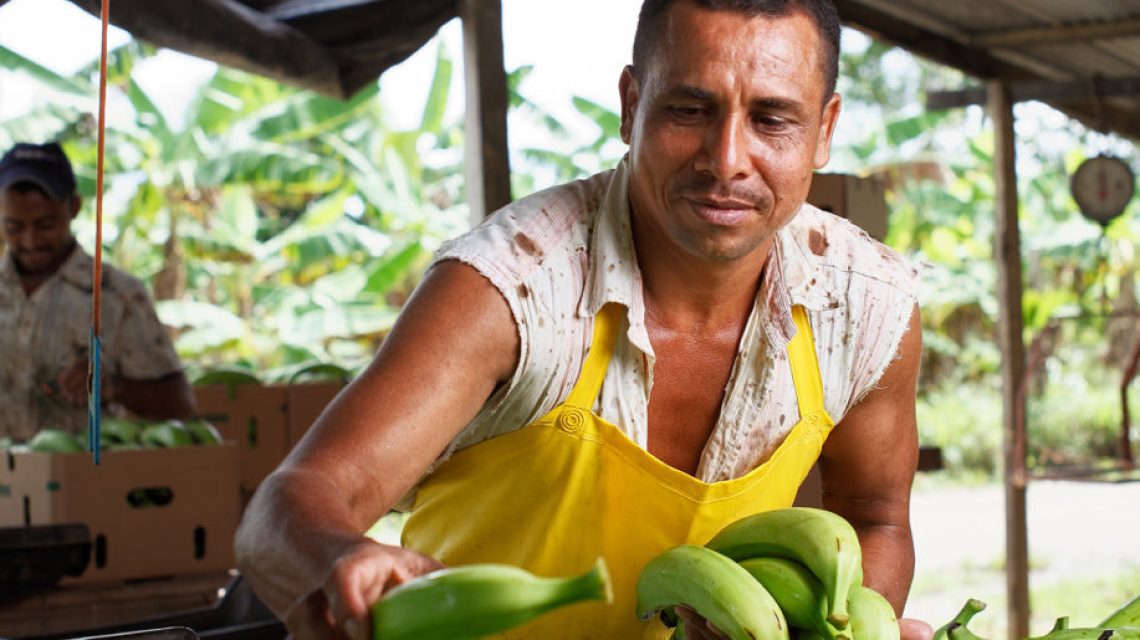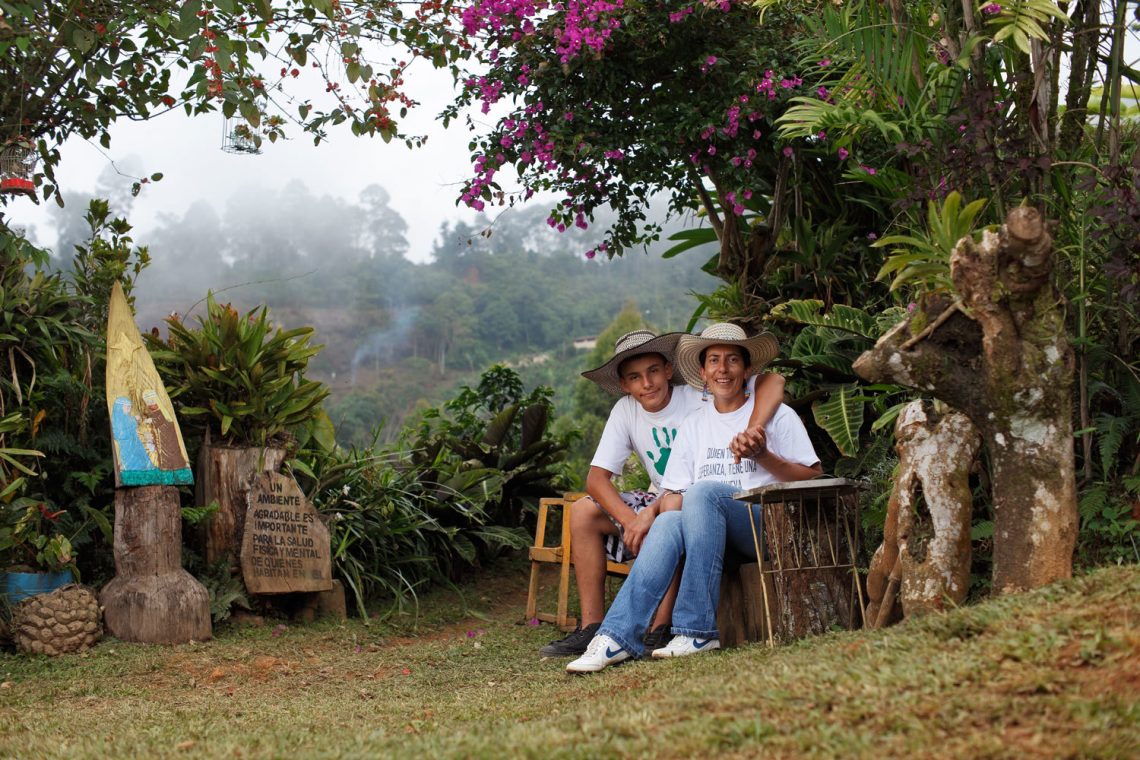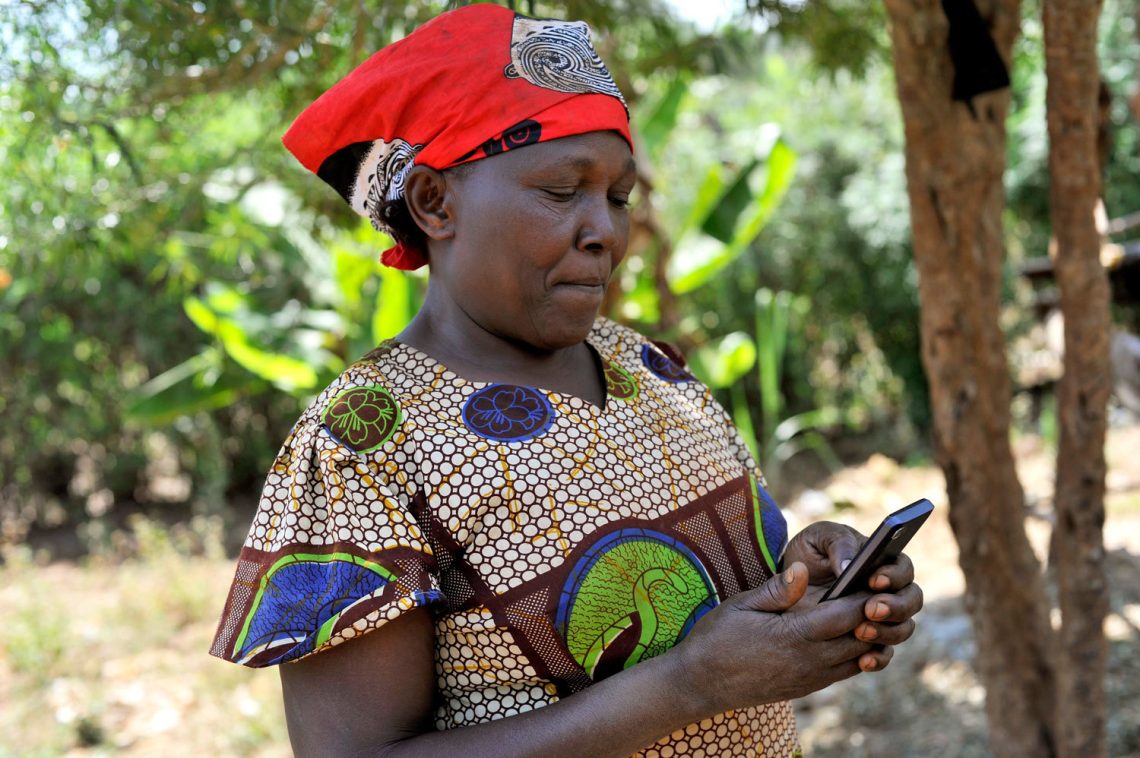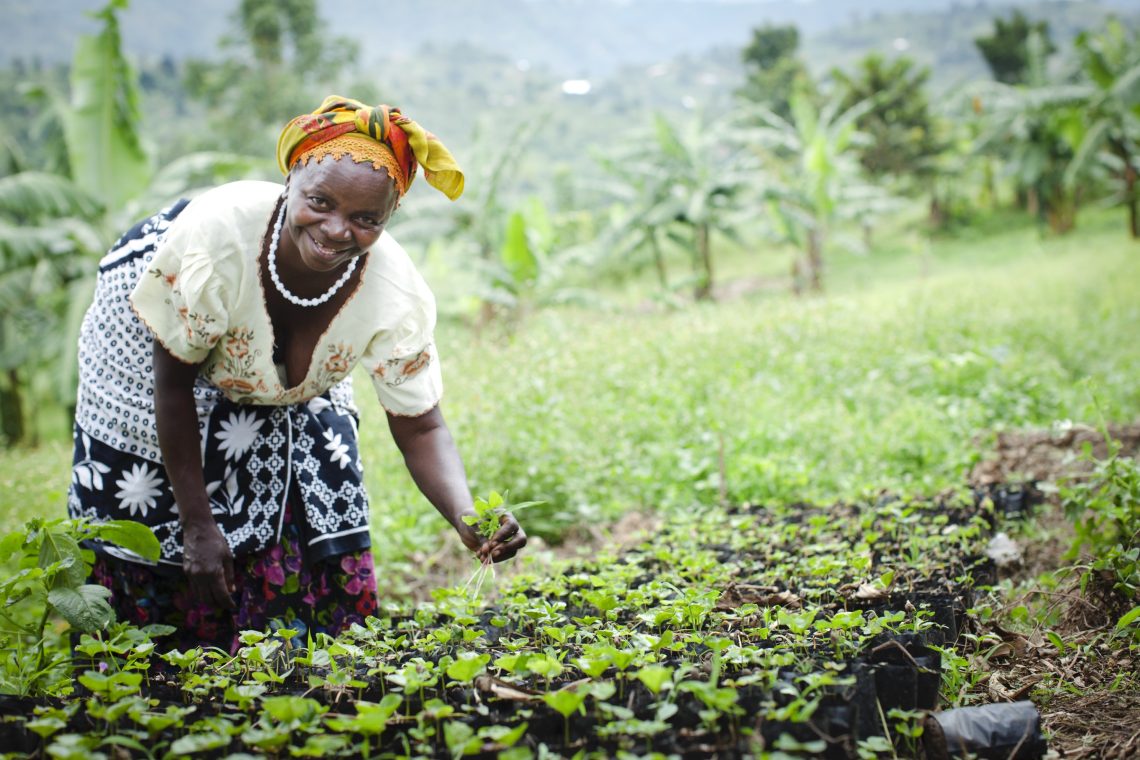Make your 2X MATCHED gift today!
This week only: Every $1 will be matched with $2 to empower women worldwide.
This week only: Every $1 will be matched with $2 to empower women worldwide.

Sixty-five percent of poor working adults make a living in agriculture. But these smallholder farmers are plagued by low productivity and low quality, keeping their earnings low. They are locked out of higher-paying markets because they lack access to critical farm inputs such as good seeds and fertilizers, training and capital. And barely six percent of rural adults in developing countries have bank accounts.
Financial services providers face hurdles too, especially the high cost of serving rural clients and the near-total absence of information on smallholders’ financial history, farm practices, and operations. As a result, the majority of smallholder farmers are excluded from formal financial markets.
To deliver agricultural finance to more smallholder farmers, our innovations cost-effectively collect, analyze and assess information, providing deep insights into smallholder farmers, their business opportunities and risks. At the same time, we work with farmers to improve their farming practices, maximize their return on investment, and bolster their ability to repay loans.
We help fill the information gaps, reduce risk, and lower transaction costs, safely connecting smallholder farmers to new financial resources.

Credit histories and collateral may serve to qualify middle-class customers for loans, but most rural smallholder farmers have neither. The Agricultural Risk Evaluation Tool (ARET) evaluates the ability of a farmer to repay loans based on who they are and how they farm: concrete information that can be gathered by field agents using a digital app.
ARET uses farm-level data to answer key questions that provide crucial insights into a farmer’s likelihood of defaulting on a loan.
To develop ARET, we partnered with Cooperativa de Los Andes (COOPERAN), a large coffee cooperative in Colombia. We surveyed more than 1,500 farmers with questions covering more than 150 variables, ranging from a farmer’s fertilizer use and water access to certifications achieved. Based on the data, we segmented farmers into eight risk groups that help COOPERAN make decisions on who to serve and how to best serve them with credit and ongoing support.
Data collected by field agents and credit officers is now used to assess risk and develop individualized farm management plans that help farmers raise their productivity and their credit-scores.
We are continuing to implement and refine ARET. Ultimately, the use of such a tool could enable millions of smallholder farmers to access loans, improve the productivity of their farms, and improve the efficiency of the credit process.

In Kenya, where smallholder farmers can rarely access loans despite accounting for more than 75 percent of the agricultural output, Grameen Foundation worked with the 100% cashless microfinance institution Musoni to develop Kilimo Booster, a mobile-based agricultural loan designed specifically for smallholder farmers.
Unlike other loans, its flexible repayment terms correspond to farmers’ harvest cycles and cash flows. Equally important, funds are disbursed directly into farmers’ mobile money accounts no more than 72 hours after a loan is approved.
Kilimo Booster took advantage of two preexisting systems, including Kenya’s now world-famous m-PESA mobile money platform. Another technology enables Musoni loan officers to digitally process group applications in the field using tablets, eliminating farmers’ paperwork and relieving them of the burden of traveling to distant service points to apply for loans.

Our work with Opportunity Bank, a commercial lending institution, extends financial services (both accounts and loans) to 6,000 small-scale coffee farmers so they can purchase the inputs they need to improve their productivity and become preferred suppliers to the Uganda Cooperative Alliance.
Commercially established coffee farmers act as field agents. They train farmers in best practices in growing, bulking, and marketing their beans. Farmers are introduced to self-organized savings associations and learn about the requirements of financial lenders. The data gathered by field agents is fed into a database of farmer profiles, and profile data is shared with Opportunity Bank so it can more readily qualify farmers for loans. Registering farmers also enables the bank to help them build a credit history.
Rather than provide a credit rating for individual farmers, Opportunity Bank uses metrics such as the adoption of good agricultural practices and past production to assess creditworthiness.